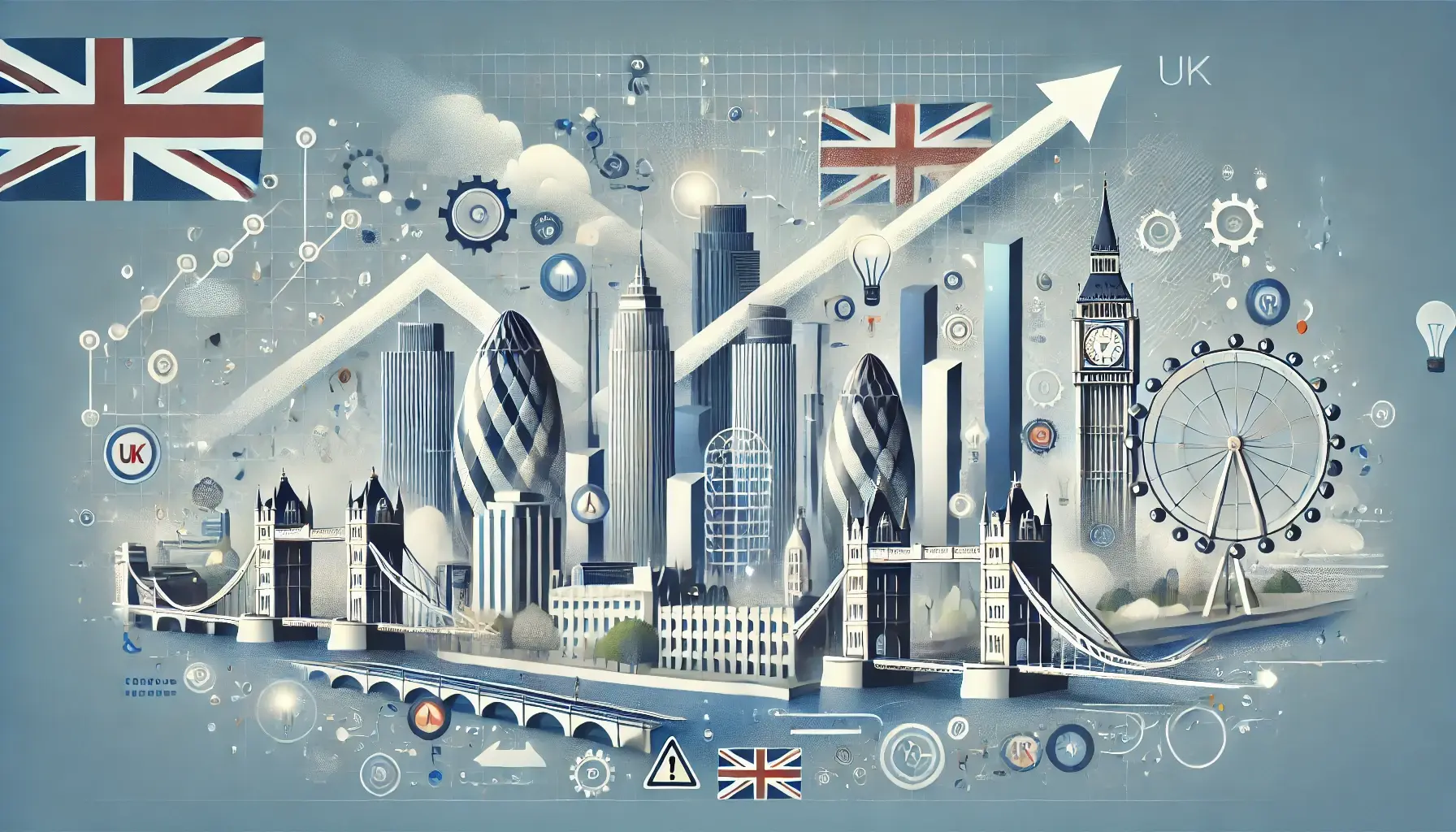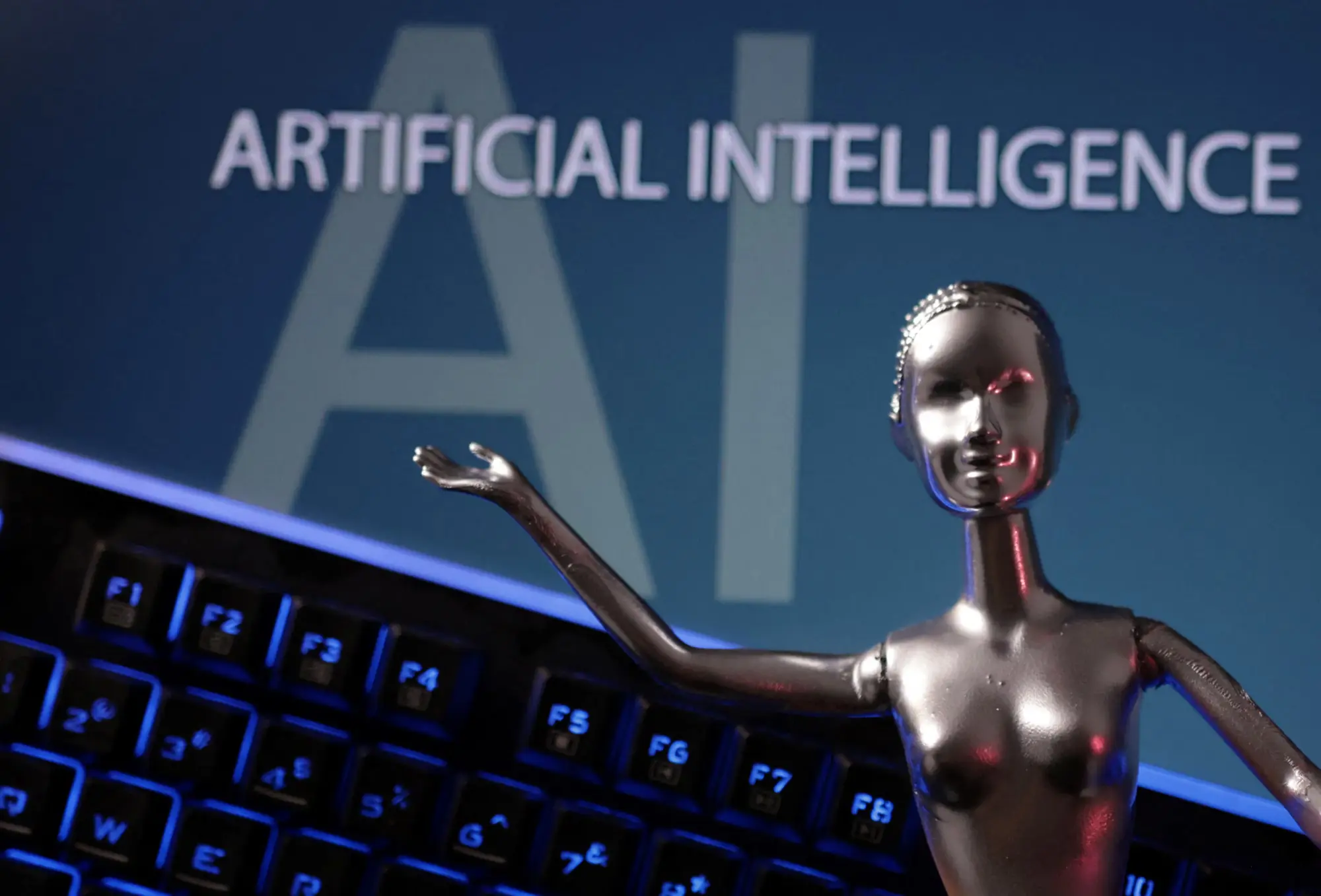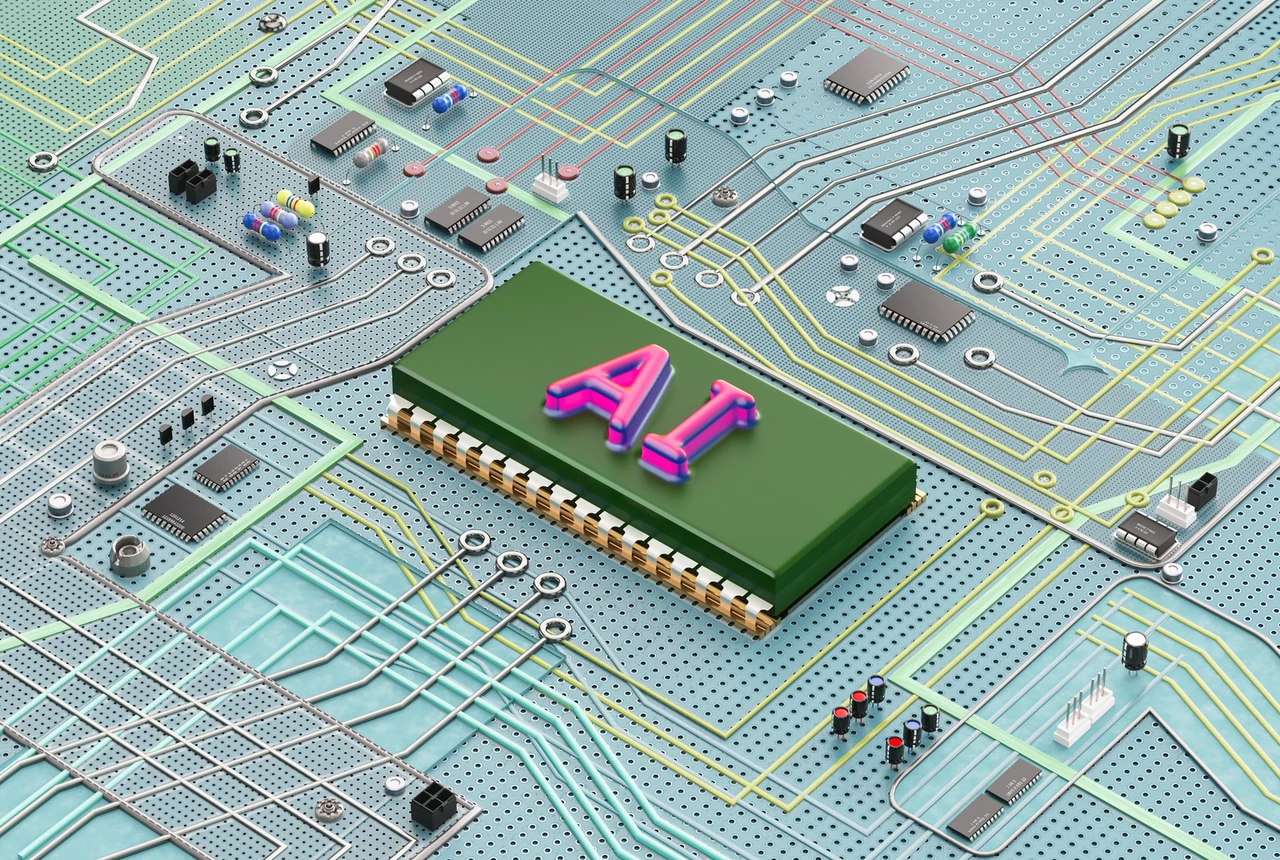AI & ML 2025: Tools, Trends & Enterprise Adoption
Discover the latest advancements in AI & ML for 2025 — from generative models and edge AI to ethical challenges, automation, and industry adoption.
Generative AI Expansion
Tools like ChatGPT, DALL·E, and Midjourney redefine creativity in content, design, and media.
Text, image, audio, and video generation models integrated into enterprise workflows.
Businesses use generative AI for product development, customer support, and marketing.
AI-Powered Automation Growth
Robotic Process Automation (RPA) enhanced with ML for dynamic decision-making.
AI handles 80%+ of repetitive backend tasks in finance, HR, and logistics.
Hyperautomation combines AI, RPA, and process mining.
Edge AI Implementation
AI moves to edge devices: smartphones, cameras, IoT sensors.
Enables faster inference, lower latency, and reduced cloud dependency.
Common in autonomous vehicles, wearable tech, and industrial machinery.
Natural Language Processing (NLP) Advances
Language models become multilingual and context-aware.
Real-time translation and summarization available via APIs.
Sentiment analysis and voice assistants improve in accuracy and tone.
Explainable AI (XAI)
Tools provide transparent reasoning behind model decisions.
Helps in healthcare, finance, and legal AI applications.
Regulatory bodies require explainability for compliance.
AI in Healthcare
AI assists in disease detection (e.g., cancer, Alzheimer's) from imaging and genomics.
ML models predict patient risk, optimize treatment, and personalize care.
FDA approval for AI-driven diagnostic tools increases.
Ethical and Responsible AI
Organizations adopt AI ethics frameworks to avoid bias.
Fairness, accountability, and transparency become standard practices.
Governments publish AI usage and safety guidelines.
AI & ML in Cybersecurity
Real-time threat detection using AI anomaly analysis.
ML models predict cyberattack vectors before they occur.
AI deployed in fraud detection, biometric authentication, and encryption.
AI Regulation & Governance
The EU’s AI Act sets precedent for risk-based AI oversight.
U.S., India, and Canada propose data and AI usage laws.
AI audits, data provenance, and algorithmic transparency enforced.
AI in Education & Learning
Adaptive learning systems customize curriculum per student pace.
AI tutors available 24/7 via chat and voice.
AI analyzes learning data to improve course structure and engagement.
AI and Climate Innovation
Predictive models improve weather forecasting and climate simulations.
AI assists in energy grid optimization and carbon footprint tracking.
Used in satellite imagery analysis for deforestation and pollution control.
Autonomous Systems Maturity
Self-driving cars and drones increasingly handle real-world navigation.
AI in robotics boosts warehouse, agricultural, and delivery automation.
Safety and reliability metrics improve with synthetic training environments.
AI & ML in Finance
Algorithmic trading and risk management dominated by ML models.
AI-driven robo-advisors manage retail investments.
Fraud prevention and AML processes powered by real-time AI.
Foundation Models and Customization
Enterprises fine-tune large models (e.g., GPT, PaLM, Claude) on domain-specific data.
Open-source models like LLaMA gain popularity for customization.
Model-as-a-Service (MaaS) platforms reduce deployment friction.
Data-Centric AI
Focus shifts from bigger models to better data.
Tools for automated data labeling, cleansing, and augmentation gain adoption.
Data versioning and quality monitoring become standard.
AI-Driven Creativity
Designers use AI for rapid prototyping and ideation.
Music, film, and gaming industries integrate AI for storyboarding and character development.
AI co-creators emerge in digital art and literature.
AI Talent and Workforce Transformation
Surge in demand for AI engineers, prompt designers, and AI ethicists.
Organizations invest in upskilling and reskilling programs.
AI accelerates both job creation and job displacement trends.
Quantum AI Research
AI algorithms being developed for quantum computers.
Google, IBM, and startups explore quantum-ML hybrids.
Promising for optimization problems and advanced simulations.
AI for Social Good
Used to predict famine, optimize disaster response, and map underserved regions.
NGOs and global organizations leverage AI to allocate resources efficiently.
Open-access AI models support public health and humanitarian missions.
















